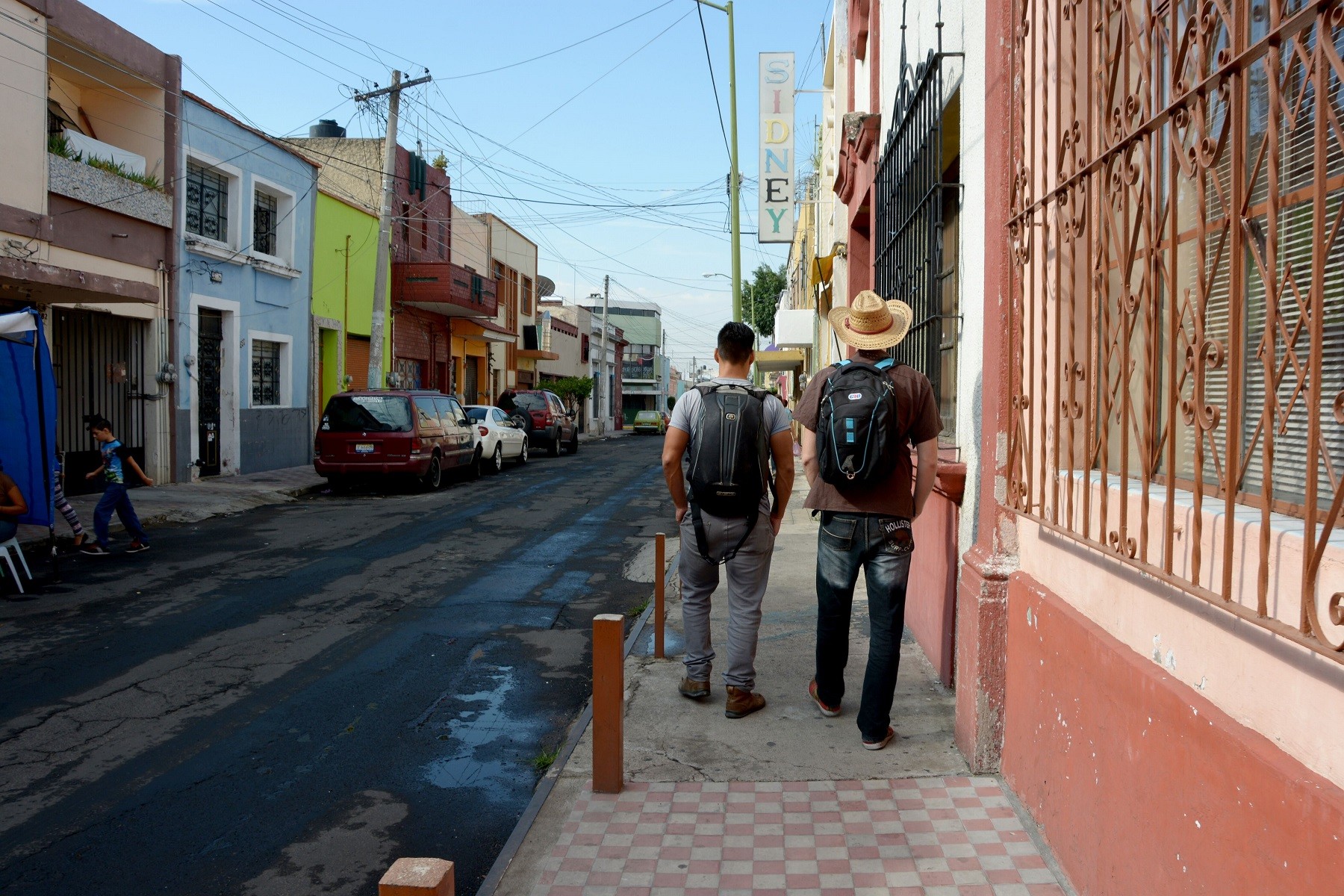The Episode:
To download the audio, right click and press “save as”.
Remember to subscribe on iTunes or subscribe on Pocket Casts.
If you enjoyed the episode, don’t keep it a secret! Feel free to share it on Twitter, Tumblr, Facebook, Reddit, or your office bathroom wall.
The Cash:
We really appreciate all of your contributions! Every cent and satoshi we receive lets us know that we’re doing something worthwhile, that you are entertained by our program, and that you’re starting to question what you know more and more. Please be generous. Donate to The Paradise Paradox. Or buy some stuff on Amazon using this link. Or buy some of our great T-shirts here.
The Story:
For years now, you have been able use fiverr.com and freelancer.com to hire people all over the world to do work for you. You can check their qualifications, their proposal for the task, haggle over the price, ask if they’re available for future projects. But would you bother asking which country they’re from? Does it matter?
Today, people can register companies online, on the blockchain, possibly using Bitnation or Next. Their companies can exist independently of any nation. To do business with them, do you need to know who they are? Do you need to be able to put a pin on their office in an atlas?
The world we’re heading into is a world where companies operate in cyberspace – outside the jurisdiction of any government. They have no head office, keep all their records in the cloud, and transact purely in cryptocurrencies. Maybe there are banks which can compete with international banking cartels, because having no country means they don’t have to comply with the protectionist regulation which has been installed for many years. Maybe they don’t pay any taxes, because they’ve decided that the Internet is the best tax haven. Of course this way of doing businesses may start to raise many potential issues, such as problems with dispute arbitration, and innovative solutions may have to be developed to address them. The future is a fascinating and unpredictable place.
In this interview, Kurt discusses the potential of some of these types of organisations with Alex Colorado, a software developer for the Apache OpenOffice project, and we talk about the implications of these ideas for a borderless world. Join us in the next frontier-defying chapter of … The Paradise Paradox!
The Links:
Decentralised Autonomous Corporations DAC
What is an ‘autonomous agent’?
Mike Hearn talk on autonomous agents

